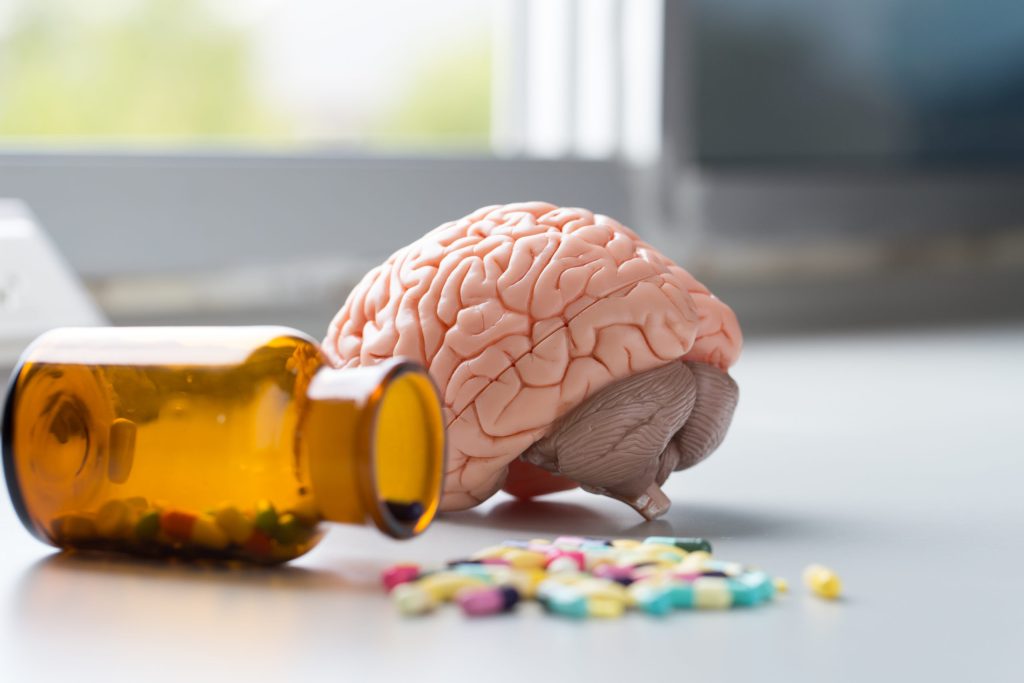Drug abuse – there’s no scarcity of myths and stereotypes regarding it and people seized by its claws. You can always compare substance addiction or drug abuse with other diseases like cancer or diabetes. Yet, it garners numerous misunderstandings from those who have never experienced the feeling of going through such conditions.
If any of your close ones suffer from addiction, chances are plenty of people unfamiliar with substance addiction have already advised you many things with good intentions. But, with all those in mind, separating suitable suggestions from the wrong ones often becomes difficult. Therefore, debunking some common myths related to substance addiction is necessary for helping you to discern the reality. Being empowered with only the correct information is the only thing capable of allowing you to tender accurate assistance to those in need of help. So, let’s proceed to thrash some substance addiction stereotypes today.


1. Having an Addiction Means You Lack Willpower
For ages, people have been considering addiction as a contradictory thing to morals. Besides, many believe addicted individuals lack the willpower to overcome the cravings they experience. Furthermore, many also raise questions about addicted individuals’ heredity and believe they suffer from inherited issues.
However, the advancement of modern-day science has allowed people to perceive addiction from a separate viewpoint. Rehab Healthcare sector deals with addiction the same as any other disease. If your family members or friends are dealing with addiction, that doesn’t mean they lack willpower. It means he needs help and should be addressed with a helpful recovery support community and a medical treatment plan.
2. Trying a Drug for Once Doesn’t Hurt
Substance abuse often has adverse effects on individuals’ health and psychology after specific periods. But, other times, those effects thrash peoples’ entire existence right after using a drug for the first time. Overdoses can prove themselves even life-snatching for people unfamiliar with substance use.
Regardless, sometimes, the drug you have taken might not hurt you, but it would hinder your common sense, the ability of rational thinking, and decision-making abilities. Moreover, under the effects of such substances, one can become vulnerable and prone to commit deeds and get apologetic after getting sober.
3. Relapse means Treatment has gone in Vain
From another aspect, substance addiction seems quite identical to other diseases. For example, studies have shown that the relapse rate of substance addiction is almost similar to the general relapse rate of other health hazards like arthritis and hypertension.
On some occasions, substance use disorders, like chronic diseases, become rigid enough not to leave someone altogether. Yet, continuous checkups and treatments from the private drug and alcohol rehab in London can help someone treat and manage it effectively. Here, an important fact to know is experiencing relapses is never a sign of treatment failure. Still, it’s a prominent part of the journey essential for improving and managing issues more proficiently with time.
4. Prescription Drugs Don’t Incur Threats
Indeed, prescription drugs being harmless is a fact. Consumption of them the way medical professionals suggest is essential in treating health conditions. Yet, they become extremely dangerous when they get abused. It has become a growing problem among young adults 18 to 25 years old, with a section of them inclining abuse drugs prescribed for little reason.
Drugs used for anxiety, narcotic pain medication, and ADHD medications are some examples of commonly prescribed drugs being abused commonly. Furthermore, prescription drugs can also be deadly and addictive, much like illegal drugs.
5. Joining Rehabs is Useless
It’s also a common misbelieve impelling several people suffering from drug abuse problems to devote unsuccessful effort to get over their issues independently without taking support from rehab programs.
However, on the contrary, Benzodiazepine detox treatment in London from rehabs like Rehab HC is one of the most effective measures. You should know that rehab isn’t only a place to keep drug addicts. It’s the place where they get used to a new and sober lifestyle along with skills to diminish the onsets of cravings.
Medical practitioners and doctors work day and night in rehabs to help victims regain control of their lives, which is compelling.
6. Medications During Detox and Recovery Replace Existing Addictions with Another
Prescribing certain medications to substance abusers is a common practice in rehabs. Besides, indeed, some medicines can also appear addictive to some. But the difference between prescribed drugs and substances used by patients is evident too.
The drugs rehabs prescribe to patients are approved by the FDA for specific uses. In most instances, practitioners suggest those to curb cravings while propelling patients through detox and recovery maintenance. These drugs are safe under a doctor’s supervision and incapable of incurring high sensations as they are recommended in specific doses per victims’ needs.

